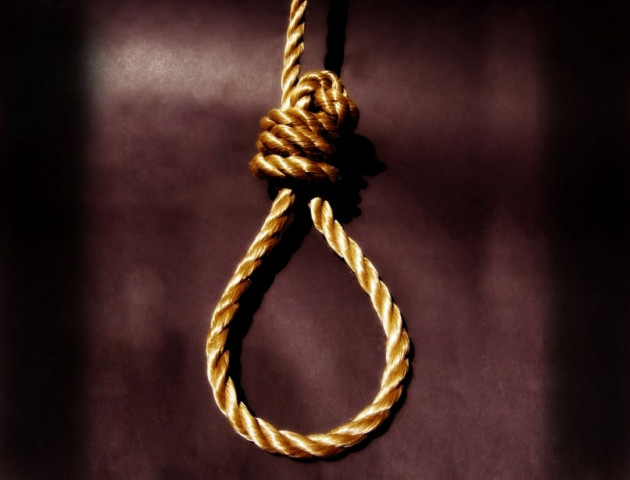Indian court upholds 2003 Mumbai bombers death penalty
Bombay High Court confirms death penalties of Sayed Anees, 46, his wife Fehmida Sayed, 43, and Ashrat Ansari, 32.

The Bombay High Court confirmed the death penalties given to Sayed Anees, 46, his wife Fehmida Sayed, 43, and Ashrat Ansari, 32, on charges of murder, criminal conspiracy and terrorism.
"It is a rarest of rare case, deserving the extreme penalty. They are ordered to be hanged by neck till dead," Justices AM Khanvilkar and PD Kode ruled on Friday.
A lower court had condemned the three to death three years ago for planting bombs in two taxis that exploded in August 2003 at Mumbai's landmark Gateway of India and the bustling gold jewellery Zaveri Bazaar market.
All three convicts watched the Bombay High Court proceedings by a video link from their jails. They plan to appeal against the judgment to India's Supreme Court.
Police said the blasts were plotted in Dubai by the three, who had links with the militant group Lashkar-e-Taiba (LeT) and wanted to avenge the death of Muslims during riots which swept the western state of Gujarat in 2002.
Mumbai has witnessed at least three major assaults since the Gateway explosions, including the November 2008 attacks when 10 heavily armed Islamist gunmen stormed targets in Mumbai for nearly three days and killed 166 people.
The lone surviving gunman from the 2008 Mumbai attacks, 24-year-old Pakistani Mohammed Kasab, is appealing against his death sentence before the Supreme Court.
Earlier in 2006, a series of blasts on Mumbai's suburban trains killed 187 commuters and injured 800. Last year, triple bomb blasts targeted Zaveri Bazaar again and a diamond trading district in the city, leaving 27 dead.
Most death sentences in India are commuted to life imprisonment, but convicts can sit on death row for years awaiting a final decision.
The last execution in India was in 2004 when a 41-year-old former security guard was hanged for the rape and murder of a schoolgirl.
Many of the small number of known hangmen nationwide have either died or retired in recent years.


















COMMENTS
Comments are moderated and generally will be posted if they are on-topic and not abusive.
For more information, please see our Comments FAQ